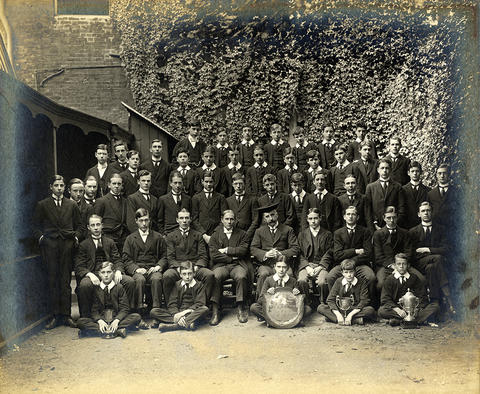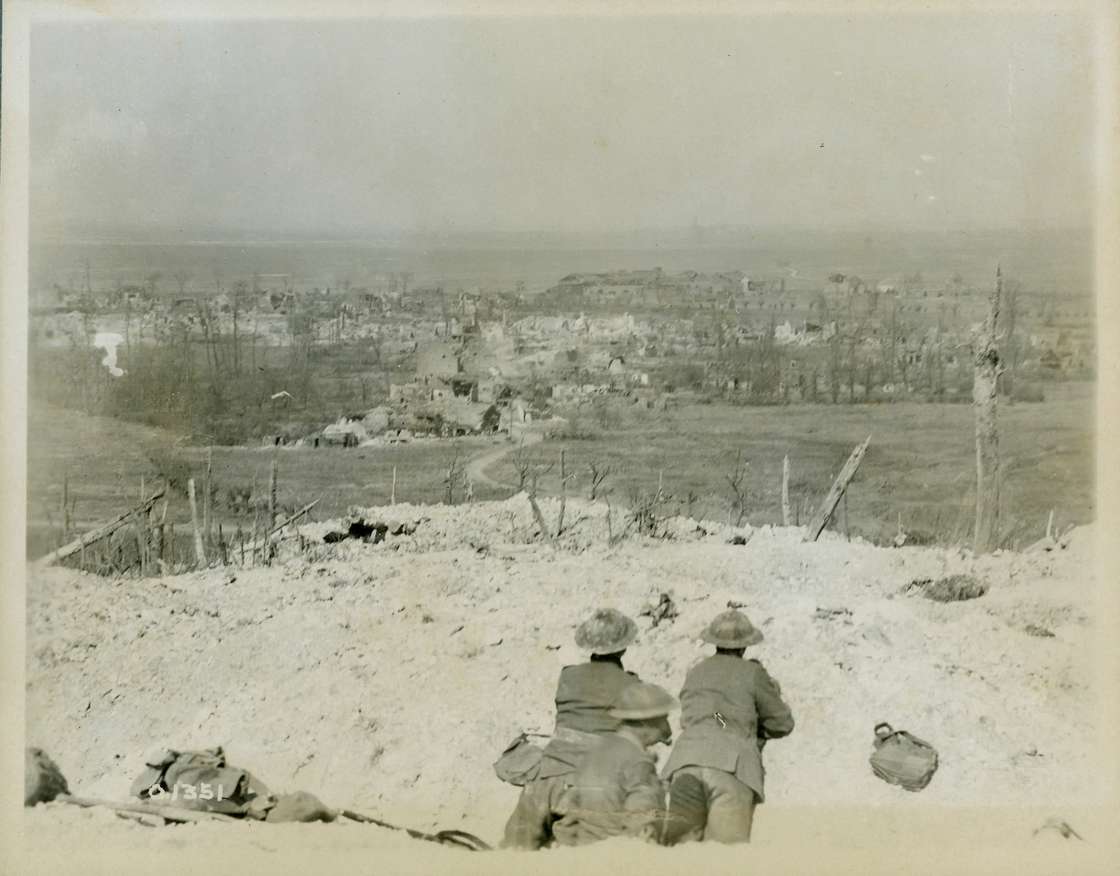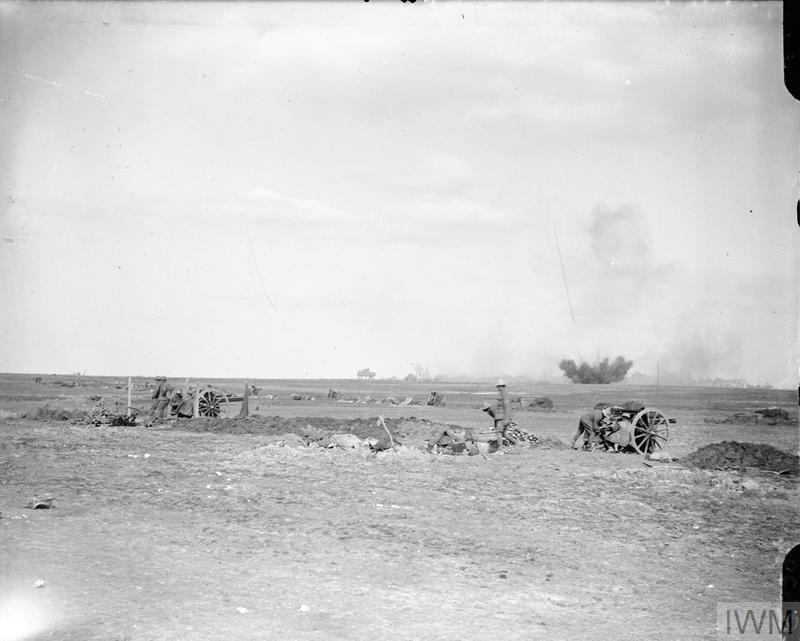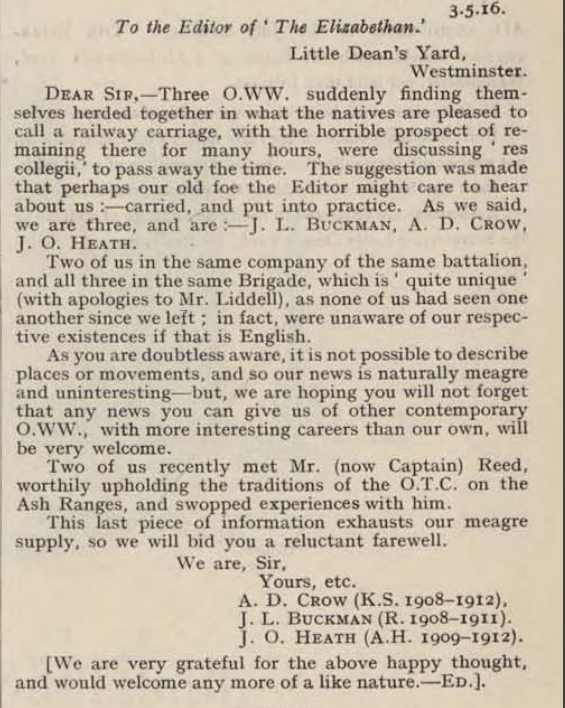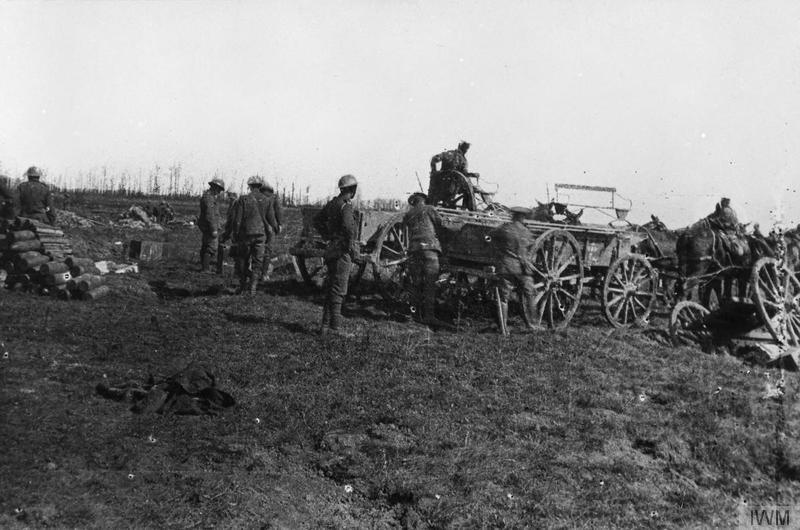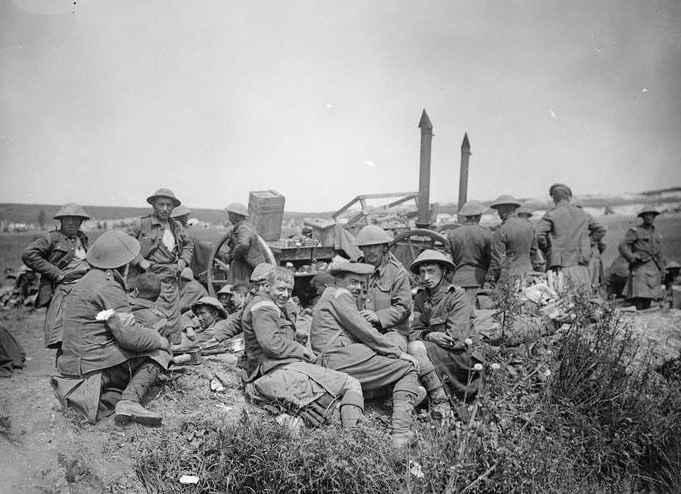Herbert Stanley Todd
Born in April 1898, Herbert was the eldest son in his family, and consequently the first to attend Westminster School. He was admitted to Grant’s in 1912, and often took part in cricket tournaments, where he was a keen bowler. He left the school in July 1914 and enrolled in the Public Schools Battalions just a few months later.
He was sent to the Western Front in November 1915 but returned to England the following year, having earned the rank of 2nd Lieutenant and transferring regiments. He transferred once more in 1916, moving to the East Surrey Regiment. With this regiment, he returned to the Western Front in August, before moving to Italy in November 1917.
It was here that Todd was invalided, and he returned to England in 1918, receiving upon his return the Military Cross with bar and the Croix de Guerre. By August 1918 he had recovered, and returned once more to the Western Front, where he was killed just a few months later.
